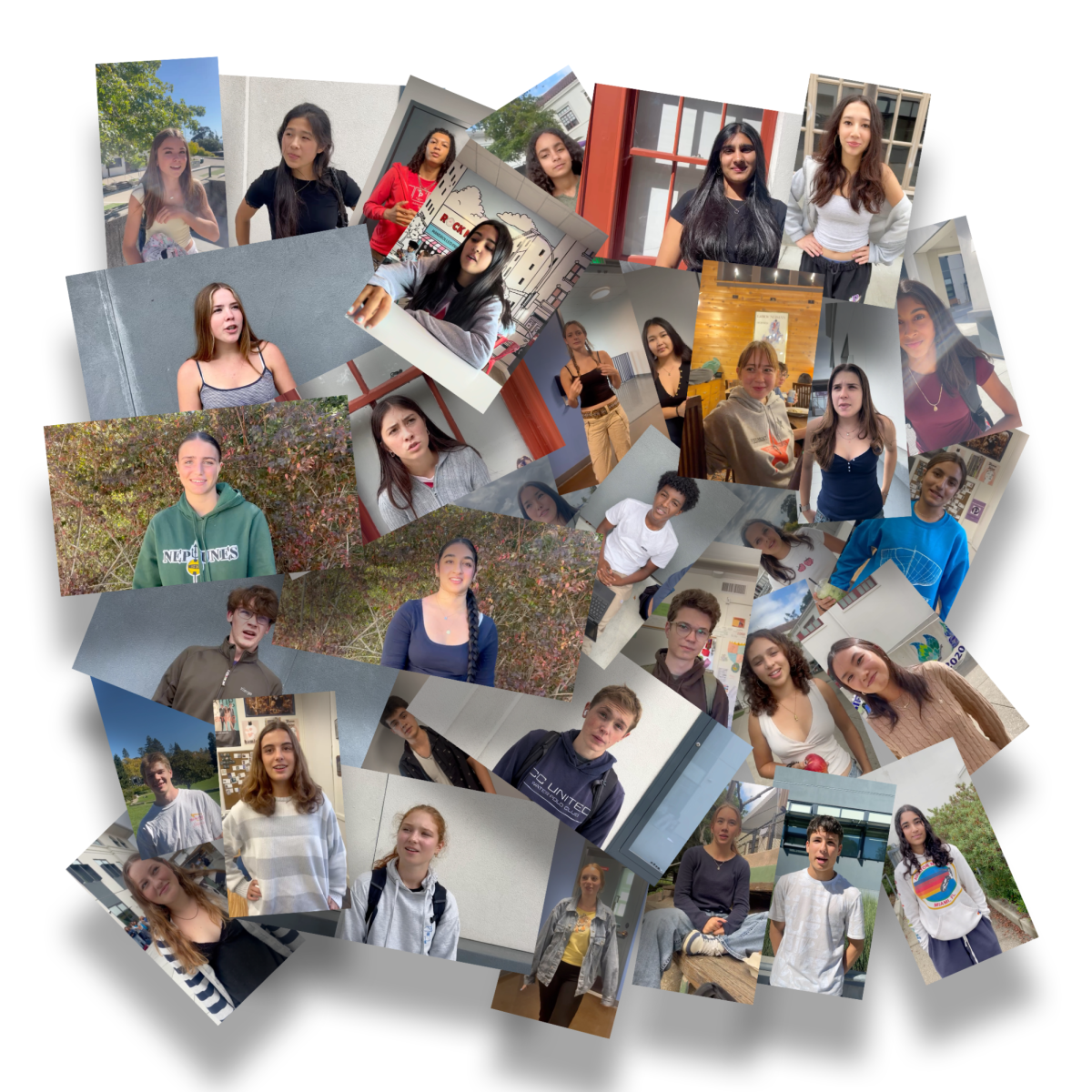Standard-Based Grading: A System Not Yet Mastered
Feb 16, 2023
Anxious to receive their grade, a student flips over their test. However, the top of the page is blank, no overall score assessing their understanding of the topic. In Schoology, there is no inputted grade for this test as a whole. This student is frustrated, it is echoed throughout the classroom. However, the missing score is intentional. Rather than using conventional grading, this test has been graded using standards-based grading.
In theory, standards-based grading should encourage genuine learning rather than score chasing. But in reality, the flawed implementation of standards-based harms learning and instead incites greater anxiety for students.
In standards-based grading, students are not defined by a numerical value and the focus is shifted off of the grades themselves and onto the actual understanding of the course. Standard retakes can also alleviate the heavy pressure and anxiety associated with test-taking for many students by providing a second chance for students to achieve their desired result.
Classes that utilize standards-based grading break coursework into numerous individual standards, each one assessed individually. Students receive scores such as no-evidence, introductory understanding, developing, proficiency, and mastery. A no-evidence is equivalent to an F, while a mastery is equivalent to an A. Rather than receiving an overall grade on a test, grades for each standard are inputted separately and each standard itself can be retaken to raise a student’s score to a desired level. Quarter and semester grades in the course are calculated by the percentage of masteries a student has received. Many teachers in both the science and math departments use the system of standards-based grading.
However, in reality, standards-based grading often leaves students feeling more stressed than not. While most classes will show a letter or percentage measure of a student’s current grade in Schoology, classes using standards-based grading leave no such mark. Instead, students must rely on past Infinite Campus progress reports or attempted calculations of their own to deduce their overall grade. A student can not immediately see an accurate grade at any given time.
Additionally, standards-based grading itself is not standardized, causing classes to lack uniformity. As a result, teachers use standards-based grading differently, and the percentages needed to achieve certain grades in different classes vary. This adds to the confusion for students trying to calculate where their grade stands.
For example, in one science class, students need to receive 90% masteries, with no scores below a proficiency, to receive an A. In another, students need to receive a mastery on 13 out of 15 standards, or 86.67%, with proficiency scores on the other two standards. In a math class, students need 50% or more highly proficient (the class’ equivalent to mastery) on standards deemed essential, and proficiency or highly proficiency on all remaining standards.
In high school, our letter grades are the most important show of our learning for ourselves, our parents, and to colleges. For standards-based grading to be successful in promoting learning, teachers using it need to be more transparent about grade calculation.
To remedy students’ frustration, teachers instead should create a simple updating list showing the number of masteries, proficiencies, etc. needed to achieve each letter grade, aiding students in calculating their own grade at any time rather than leaving them guessing until the final grade is inputted.
Because standards-based grading in its current form lacks transparency and clarity, students are left with unnecessary stress in addition to their actual academic workloads. Until the implementation of standards-based grading is improved, it will continue to harm students’ well-being and hamper their academic improvement.






























Bernard Pech • Apr 23, 2023 at 1:50 pm
The issue of equitable grading as viewed by the Generative Artificial Intelligence ChatGPT:
An AI rebuttal to Wosniak’s Equitable Grading
Question to ChatGPT:
<Please write a rebuttal to Wosniak's grading policy for schools:
ChatGPT’s response:
My comments: Bernard Pech, 75 years old and parents to two grown adults.
From a technical viewpoint, ChatGPT does not
hallucinate and is well aligned with its utility function.
jamo • May 2, 2024 at 9:09 pm
ChatGPT isn’t a reliable source